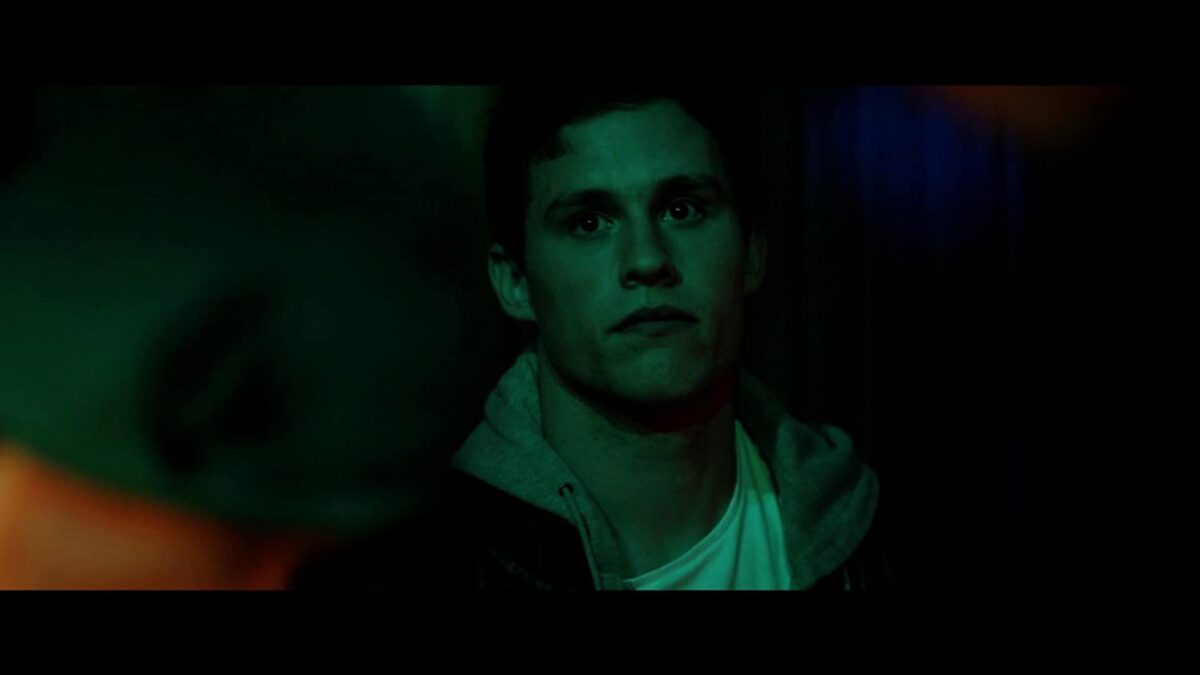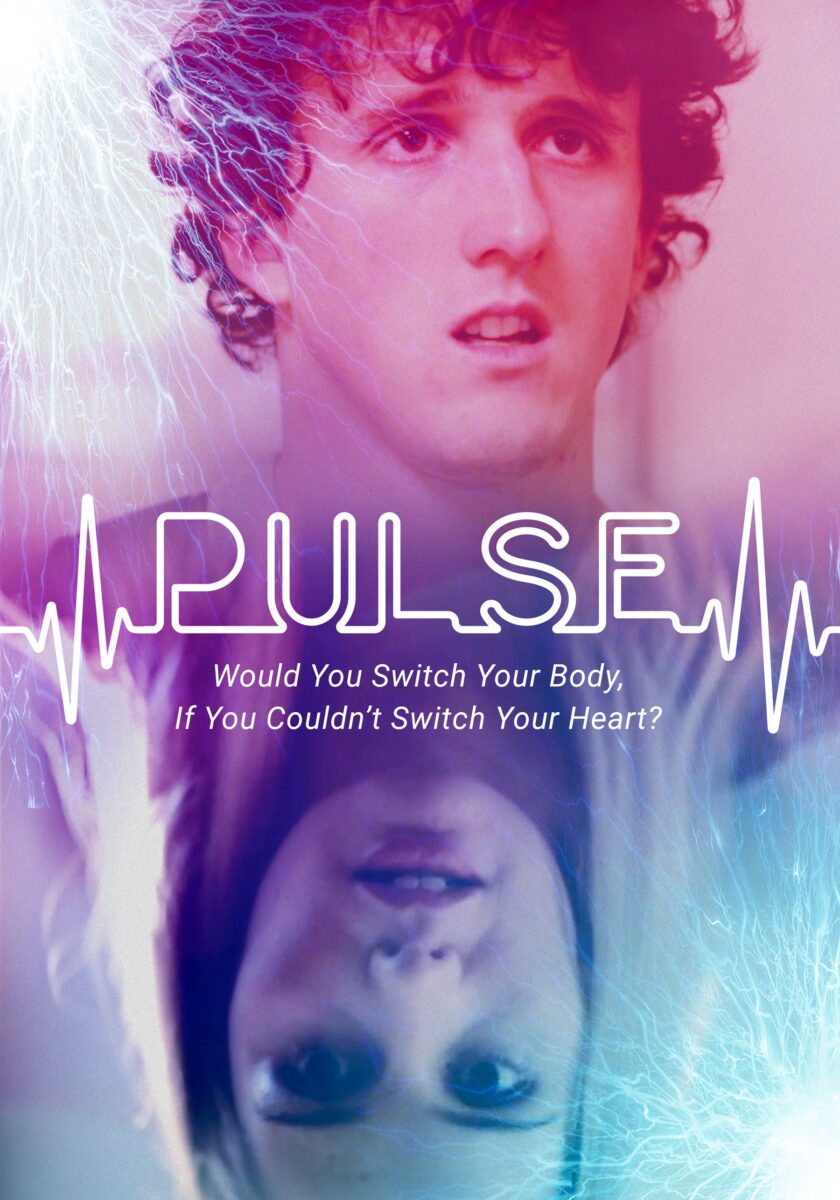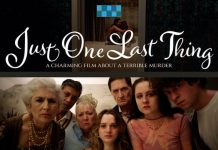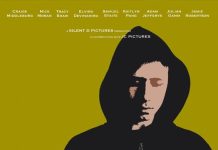In 1988, three films graced cinemas focusing on the bodyswap concept that had been used in the Disney film FREAKY FRIDAY, starring Jodie Foster and then remade with Lindsay Lohan.
BIG, LIKE FATHER LIKE SON with Dudley Moore and VICE VERSA with Judge Reinhold dealt with it in different ways, with BIG being the most successful. Directed by Penny Marshall and starring Tom Hanks and Elizabeth Perkins, the tale of a boy who wished he were big via a Zoltan Make a Wish machine hit it big at the box-office, as well as giving Hanks a Best Actor Oscar nomination.
These films were very straightforward in their narrative and execution, but as we all know there are more than enough perspectives and variations that can take the same idea in a different story dynamic – and so it proves with the independent Australian film PULSE, directed by Stevie Cruz-Martin, which is being released to celebrate Pride Month.

Olly (writer Daniel Monks) is a troubled teenager whose own physical disability is impacting on his relationship with his mother Jacqui (Caroline Brazier), as well as his circle of friends. His mother decides to host a party to mark a hospital operation, but Olly embarrasses himself during the proceedings by relieving himself.
Back in hospital, Olly learns of an operation that enables him to change into the body of someone else and his mother, reluctantly but understanding, approves of the process. Before you know it, Olly has transformed into Olivia (Jamiee Peasley) and the world seems to have righted itself. Olivia now has to determine whether the choice made will create the emotional and relationship satisfaction to be achieved for a greater spiritual happiness, including all the key facets of being female, coupled with whether she will be viewed more appreciably and considerately….

Eschewing easy knockabout comedy for a more sensitive approach to the issue of change in individuals who have decided to make a choice to evolve as human beings, PULSE combines enlightenment with some heartbreak as well as focusing on the issue of perception that we all have to deal with and face every day of our lives.

For Olly, his disability is only one facet of his character, which is used by some of the peers in his community to pick up on and as Olivia has to embrace a seemingly more physically endearing position as somebody who now looks a lot more attractive than before the change.
The film has a lot to contribute to people’s own context of where they are in their lives and going for something that is not reliant on a spectacular visual effect to demonstrate they are making the change (you know, lightning and some facial CGI for example in a typical Hollywood blockbuster) makes you focus more on the conflict and interaction between the characters on screen.

Brazier and Monks / Peasley (in their dual guise) are excellent in the lead roles in a film that reminds us of how effective Australian cinema is with a legacy of over four decades of classic movies, be it PICNIC AT HANGING ROCK, MAD MAX and THE CHANT OF JIMMIE BLACKSMITH, or Baz Luhrmann’s output like STRICTLY BALLROOM and MOULIN ROUGE.
Monks should also be applauded for a finely-tuned screenplay with purpose and perspective. Hopefully, the film will continue to emphasise that we have a continuous, ongoing dialogue about this sort of subject and segue into more complex problems that have thrown themselves out into the world due to being less taboo than they used to be. We need more films that embrace familiar genre motifs and express them as they tap into the subtext behind them.
This is also, indirectly, a celebration of identity.





























